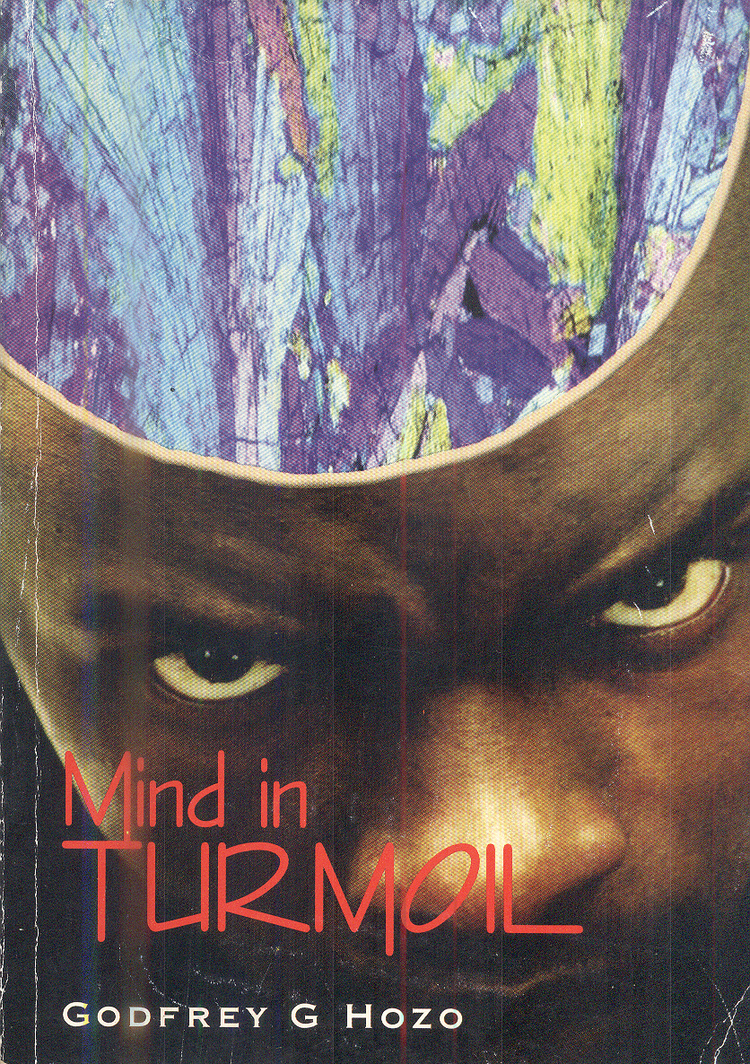
The Sunday Mail

Godfrey G Hozo’s “Mind in Turmoil” is one of these books that reflect on life during the colonial era. Despite the fact that the book is a work of fiction, the author tries to recreate realistic scenarios, painting vivid images that bring the text to life. Set in the 1960s, the book revolved around the life of Garikai, from the moment he is born, through his childhood struggles to the problems he has to face as an adult African living in the colonial system.
IT must have been hard growing up during the colonial era, with deprivation and abuse of Africans under minority rule being the order of the day.
Those of us who were born in a free Zimbabwe rely on what we are told and what we read in historical literature to get a grasp of events that transpired during that period. This is why it is important for authors to pen literature that documents the country’s historic journey for future generations so also appreciate their roots.
Many literary works — both fiction and factual — have highlighted the atrocious conditions that our parents and grandparents had to survive.
Godfrey G Hozo’s “Mind in Turmoil” is one of these books that reflect on life during the colonial era.
Despite the fact that the book is a work of fiction, the author tries to recreate realistic scenarios, painting vivid images that bring the text to life. Set in the 1960s, the book revolved around the life of Garikai, from the moment he is born, through his childhood struggles to the problems he has to face as an adult African living in the colonial system.
Although his father has managed to save enough money for him to go to a proper school, he is soon disappointed when he realises that there were barriers, which prevented Africans for attending such educational facilities as they were only reserved for the white minority.
The book highlights white supremacist behaviour that saw Africans being treated like animals.
“By the time he was ten, Michael was quite aware of the advantages his white skin had over his black brethren who had ‘descended from the trees where they had swung on their tails for centuries’. Pikinini Baas Michael only found the semi-naked black children a source of entertainment and even enjoyed booting men one-and-a-half times his age,” writes Hozo.
The book delves into suppression of political uprisings that later led to the war of liberation.
Garikai’s father, who quit his job as a storekeeper at Red Acres Farm to open his own thriving shop in his village begins facilitating political meetings at his premises.
He and his colleagues are arrested for fuelling political unrest and upon being singled out as a ring-leader, he is sent to Gonakudzingwa Detention Camp.
The fast-paced book deals with the root causes of the political upheavals, the liberation struggle itself and the joie de vivre that came with Independence.



